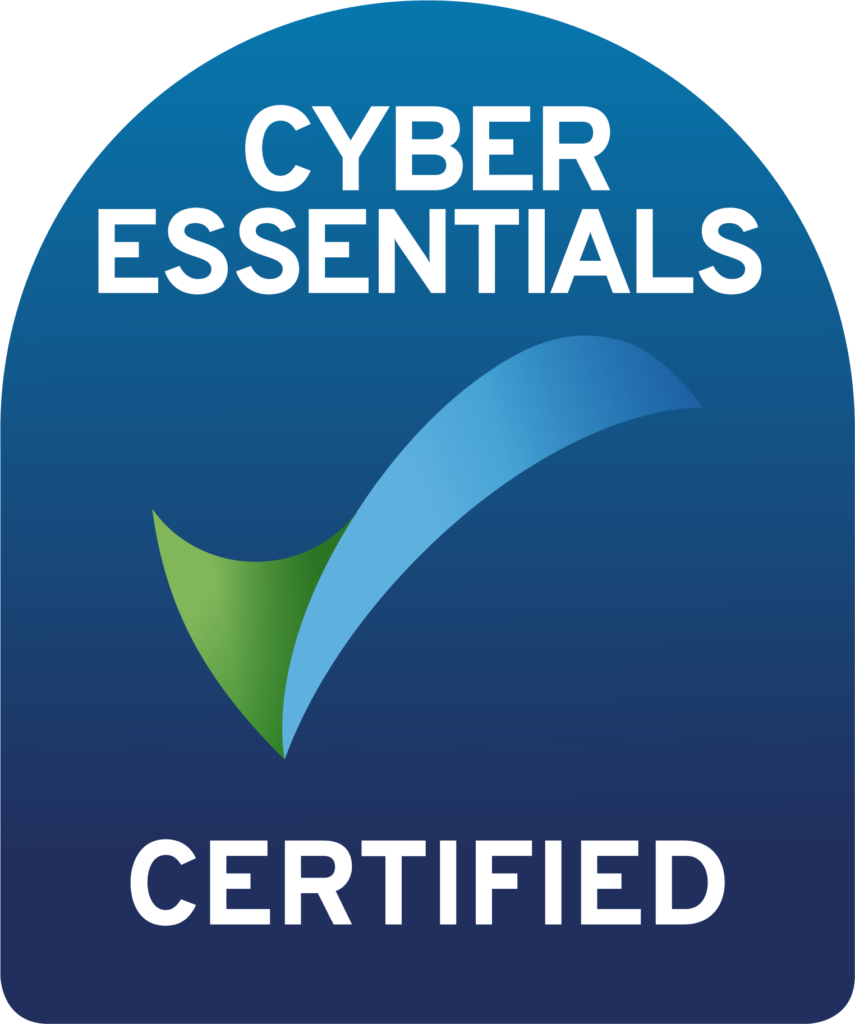
Thanks for the downtime
It’s Saturday morning, early. I’m feeling super productive today, so I’ve already walked the dog, put last night’s dishes away, fed the Guinea pigs, and made myself a huge gingerbread latte. Time to get down to some serious work before some fun stuff I have planned with friends later.
I open Evernote to check my to-do lists, check my various email accounts in outlook, then fire open a new Chrome tab, ready to log into the aws dashboard and see what magic we can make happen today.
The phone rings. Mam calling. Well, I’ve got my coffee to drink, let’s have a chat with my dear old mother before I really crack on.
Just then, macOS helpfully slides a translucent notification onto the top right hand corner of my ageing apple cinema display, which I just won’t part with. It tells me there are updates I need to install. I ignore its presence and continue listening to Mam tell me all about aunty Nora and aunty Dora All the while sipping on my perfectly brewed coffee in my favourite big black mug – the one I only keep because my wife hates it, and that’s what passes for mild amusement as a cloud consultant.
Darkness
The next thing I know, my gorgeous glossy screen is plunged into darkness, with only a bright white apple and a depressingly empty progress bar at the bottom. That was that, my computer had decided that it’s time to get these updates installed while he’s not using me.
As I’m sure everyone is well aware from their past experience of software updates, the next 20 minutes consisted of the progress bar filling ever more slowly, the fans from my laptop whirring into life and dying back every couple of minutes, and no work being done from me. Frustrating isn’t it!
It shouldn’t be.
Apple sold me this laptop nearly four years ago. I paid the price on the sign, and walked out of the pristine white shop with that sense of smugness and excitement which only befalls someone when they’ve just bought a brand new MacBook Pro with their own money. Apple had done it – they had convinced another punter that their laptop was just shiny enough, just classy enough and just reliable enough to warrant the seemingly arbitrary price they sell it for. But that’s not the end of their job.
Okay, I’m talking about my beloved 2015 MacBook Pro, but I could just as well be talking about a Dell laptop, a OnePlus phone, an IBM server or even a smart lightbulb. These are all connected devices, and the manufacturers have a responsibility to support them for years into the future.
Patching
To explain what a mammoth task this really is, we need to talk about what a software update entails. Obviously we have to write some code which changes the behaviour of something or other – but how do we know we need to change that, or that a particular part of the system is vulnerable to attack in just this way? Research is the answer.
Research is expensive. Really expensive. Which is why companies often outsource their exploit discovery to bug bounty hunters, who often make $100,000 for discovering a bug which can let them run code in somewhere they shouldn’t. This is called a Remote Code Execution, and represents the absolute highest level of danger in an affected program.
Let’s just roll back to that headline figure though; one hundred thousand US dollars. I paid around $2,000 for my mac (in great British sterling you understand), so that’s only another $198,000 Apple have to find in order to patch my laptop for me – assuming they gave me the machine out of the goodness of their hipster-hearts.
And that’s the point:
- The app update which warm up your Google Pixel phone to surface-of-the-sun temperatures at night.
- The patch which nags at you from the corner of your mac screen.
- Even the security update which takes down all the cash machines at 04:00 on Sunday morning when you just needed a tenner to buy the kebab which only ever looks as appetising at silly-o-clock in the morning and after more Sambuca than anyone should consume. (for the record, no human should ever drink any Sambuca).
They’re all for our own good, and actually, at great expense to the companies running these systems.
So next time Windows needs a reboot, instead of getting cross at the nagging pop-ups, let’s thank Microsoft for having us covered, and giving us an excuse to walk the dog. Again.


